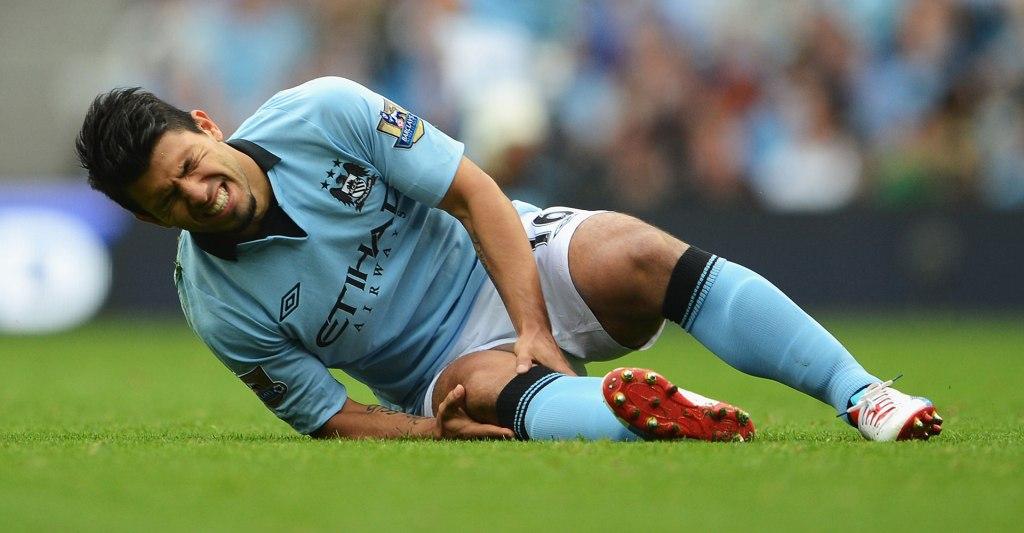Last updated on July 17, 2019
Teenagers love discovering new things and learning new sports. More youth are competing in sports than ever before, and sports help them to live a more active lifestyle. Risk is a part of any athletic endeavor, so check out these injury prevention tips for your or your teens’ safety and protection.
You may also like: How Long Does Morphine Stay in Your System?
The risk of injury is high when it comes to sports. Through experience, many participating in sports learn how to mitigate that risk. But other young athletes overextend their bodies and don’t take care of themselves as well as they should. Parents can actually play a vital role in promoting a safe sports experience for their children.
Injury Prevention Tips:
- Avoid extreme fatigue. You are not a robot! Your body needs to have at least one 24-hour from exercise break per week and at least 30 days off per year from extensive training in any kind of sport. Young athletes want to be the best players they can, so they sometimes forgot the word REST. Overuse of the body is a major risk factor for injury and illness.
- Wear the right gear. This is a default rule. Athletes should wear appropriate and properly fit safety gear such as pads (neck, shoulder, elbow, chest, knee, chin), custom hats, helmets, mouthpieces, protective custom socks, eyewear and face guards.
- Strengthen Muscles. The muscular system plays the most crucial part of sports. Make this stronger through proper and consistent training that can increase flexibility without to eliminate muscle cramps.
- Have a healthy lifestyle. It takes a healthy heart to participate in sports. Young athletes should incorporate healthy eating and natural foods into their breakfast, lunch, and dinner. Parents should make sure their children are mindful of their nutrition,. If they don’t eat healthily they will be at a higher risk for cardiovascular and have trouble reaching the peak of their potential in sports.
- Water is life. Young athletes need to stay hydrated before, during, and after the competition. Without monitoring their fluid intake, they can easily become dehydrated, especially during the summer or on hot and humid days. A parent of a young athlete should watch for any signs of fatigue, nausea, vomiting, or fainting, as these may indicate severe dehydration
- Use proper technique while training and competing.. Follow the guidelines your coaches, trainers, and doctors set for you all the time — no excuses! Never over-trust yourself to do sudden shifting that is not included in the training or trials. One wrong move and you can end up seeing a doctor.
- Have a regular check-up. Sometimes the human body has a very high tolerance for pain, so athletes might not even notice signs of trouble. If you have a child who is an athlete, book an appointment with his or her doctor at least once or twice a year to ensure nothing is wrong. Acute illnesses and injuries are sometimes discovered late, responsible to detect problems early.
With these tips, you can help yourself or your loved ones to prevent injuries from sports. But if it still tends to happen, immediately seek your doctor’s help. Keep in mind that prevention is always better than cure.




